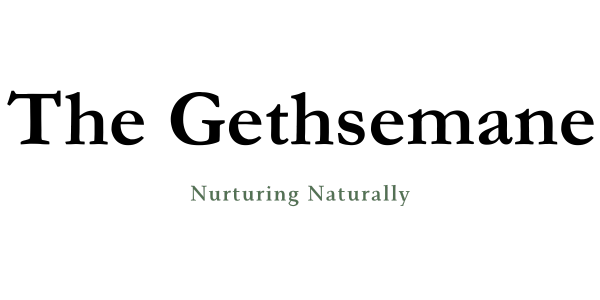How you start your morning can have a lasting effect on your health. Simple, intentional routines at the beginning of the day often create patterns that support how your cells function. These routines can guide the body’s natural processes involved in energy balance, repair and resilience, which are key factors in ageing well.
The Lasting Effects of Small Morning Actions
Each morning gives you an opportunity to reset. Your choices early in the day can support the systems that regulate sleep, mood, metabolism and cellular health. Light exposure, hydration, movement and nutrition send signals that help maintain internal stability and function. These small routines combine to shape your long-term health.
One helpful resource is the Muhdohub, which offers personalised supplements to support your body’s specific needs. By addressing gaps in nutrition and supporting your cellular pathways, tailored supplementation can add another layer of support to your routine.
How Your Genes Respond to Routine
Genes respond to your environment and habits. While your DNA stays the same, certain behaviours influence how your genes behave. This process, known as epigenetics, involves patterns of activation that help decide whether a gene supports repair, energy use or inflammation.
Morning actions play a key role. Regular hydration, balanced meals and movement signal the body to adjust cellular activity. These habits can make your systems more efficient and help reduce the impact of everyday stress on your body. It is not about being perfect, it is about staying consistent.
The Role of Morning Light
Exposure to natural light soon after waking influences how you feel and function throughout the day. Morning light signals your internal clock to align with the outside world. This supports hormone balance, energy levels and mood.
Even cloudy days provide enough light to make a difference. When sunlight is limited, light therapy lamps can deliver similar benefits. The key is consistency. Try stepping outside or sitting near a window for a few minutes shortly after waking to help reinforce your body’s repair cycles.
Movement and Its Cellular Benefits
Exercise first thing in the morning helps activate genes linked to energy use and repair. You do not need an intense workout. A walk, some light stretches or a short strength session at home can be enough.
What matters most is doing it regularly. Movement supports your cells by improving how they generate energy and respond to stress. The earlier you move, the sooner your body begins these processes. That activity also encourages better balance throughout the day.
If you are easing into a routine, start small and build up. A few minutes most mornings is a strong foundation for lasting results.
Hydration to Begin the Day
Water helps your body reset. After a night of rest, rehydrating is one of the simplest ways to support your cells. It helps your system clear waste, maintain balance and prepare for the demands of the day.
Aim for one or two glasses of water in the morning, adjusting as needed based on how you feel. This habit can make a subtle but important difference in how well your cells function and repair.
Choose What Works for You
You do not need a perfect routine to age well. What matters is choosing habits you can maintain. Morning routines that include light, movement, hydration and balanced nutrition help support the body’s repair systems.
By starting small and staying consistent, you set up each day to work in your favour. Focus on actions that feel natural and achievable. With time, those early moments shape how you feel, think and age, one morning at a time.






:max_bytes(150000):strip_icc()/GettyImages-1331563999-22ca27ce7da14f59a1434444d71575c9.jpg?w=150&resize=150,150&ssl=1)
